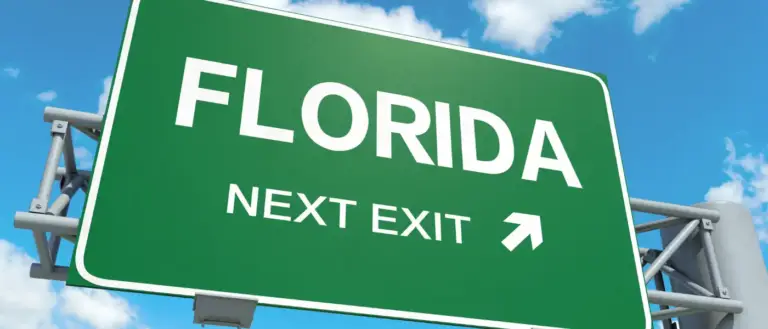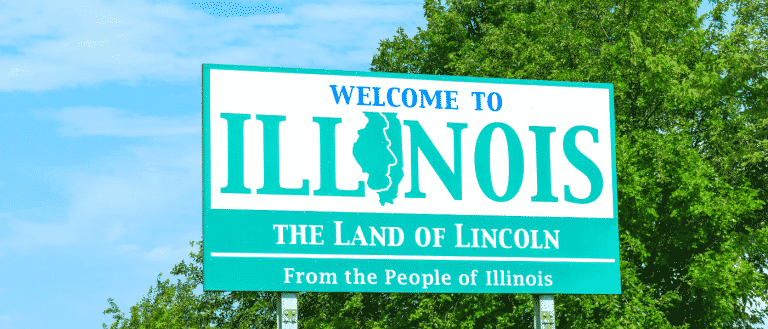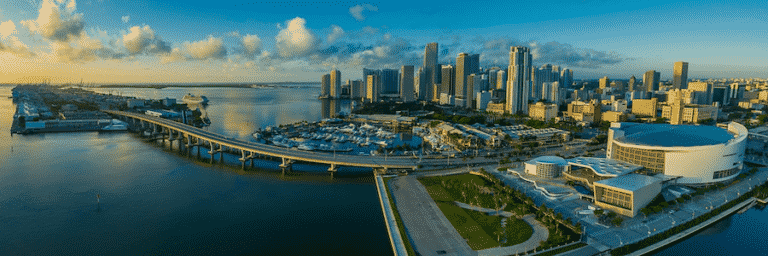Online Poker and Casino Games May Soon Be Legal in Pennsylvania

A bill seeking to legalize online gambling in Pennsylvania passed an important hurdle today. House Bill 649 cleared a vote in the House Gaming Oversight Committee and will now move forward to the house and senate for two more votes. If lawmakers in both bodies approve, it will go to Pennsylvania Governor Tom Wolf for a final signature or veto.
Alternatively, HB 649 could pass if it plays in role in the state’s months-old budget debate as varying interests parry for a compromise. Some lawmakers view online gaming as an easy source for new revenues in the cash-strapped state. Proponents have predicted legalization could result in hundreds of millions of dollars in new revenues from licensing fees and tax collections.
John Pappas, executive director of the Poker Player’s Alliance, was pleased with the positive outcome. He had this to say on the matter:
With the passage of H.B. 649, the House Gaming Oversight Committee has proven their commitment to providing Pennsylvania residents with a safe and regulated place to play online poker within their own borders. The PPA thanks Chairman John Payne and the Committee for their leadership. Now this bill needs to become law. The safety of consumers and the fiscal health of Pennsylvania will be vastly improved when Internet gaming is appropriately licensed, regulated and taxed. It is our hope that the legislation will be enacted on its own or as part of the state’s 2016 budget by the end of this year.
The amendment would have paved the way for a significant increase in video gambling machines across the state, but the amendment failed and the bill passed the Committee free of any toxic language.
What HB 649 Proposes
If the bill is successful, it will make Pennsylvania the most recent state after New Jersey to legalize and regulate online poker and casino gambling. One of the key takeaways from the full text of the bill includes a provision that leaves the door open for multi-state gaming pacts. For example, Pennsylvania poker sites will be permitted to share player pools with online poker rooms located in other states that have also legalized online poker.
Multi-state agreements are vital for the long-term health of online poker moving forward in the US. Without overarching federal legalization, legalization moves forward on a state-by-state basis. If poker sites cannot share player pools between states, it will be difficult for individual poker sites to reach the critical mass of active players needed to keep games running at all but the lowest of stakes.
HB 649 will delegate the regulation of online gaming to the state’s Gaming Control Board. It will be the board’s job to issue gaming licenses, investigate applicants and monitor the industry going forward. Furthermore, the board must reach a decision regarding any single applicant within 120 days of completing the application.
A one-time licensing fee of $5,000,000 will be required of all approved operators while a $1,000,000 fee will be required of all “significant vendors” such as software developers and maintenance services. Licensees will also be subject to a 14% tax on gross gaming revenue to be paid each week.
Players must be 21 years or older and located in Pennsylvania or another jurisdiction with which the state has a gaming compact. The bill does not mention any penalties for players who access gaming sites despite being underage or located in an unauthorized state/jurisdiction. The onus is on licensed gambling sites to prevent access from unauthorized people.
Further negotiation is expected as HB 649 works its way through the process, so none of these measures are guaranteed to be included in the final form of the bill. The player age and location restrictions are probably safe from further manipulation, but tax rates and licensing fees could be targets for further changes.






